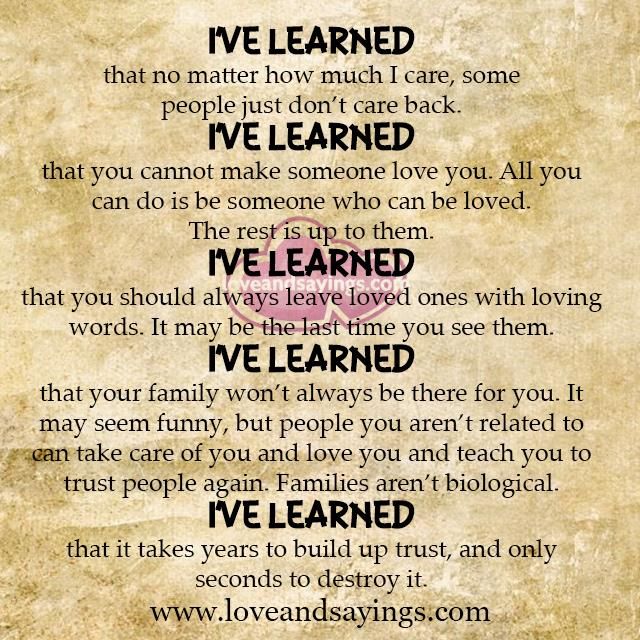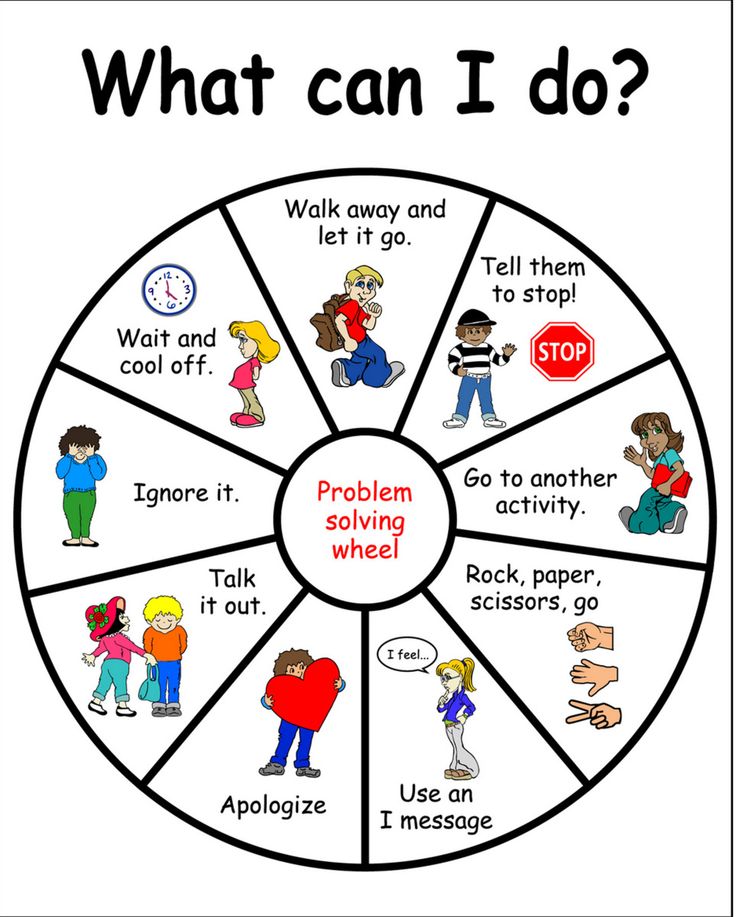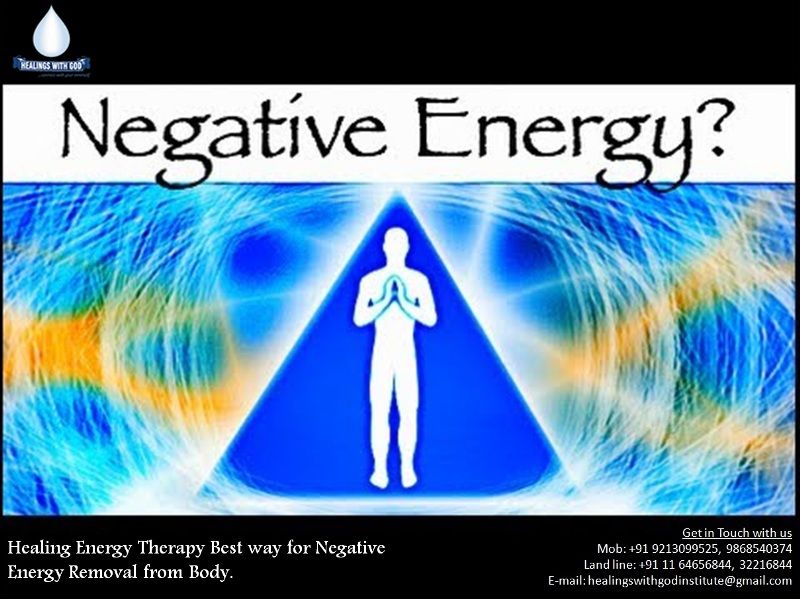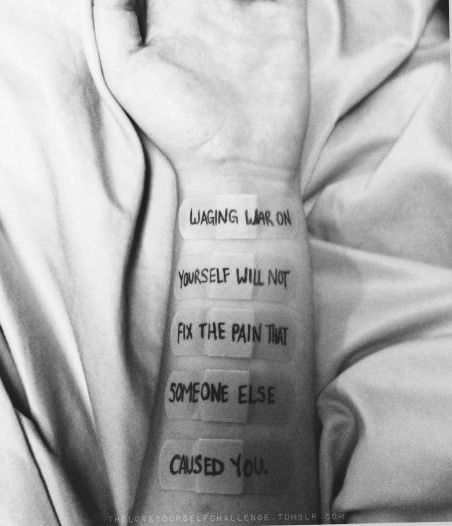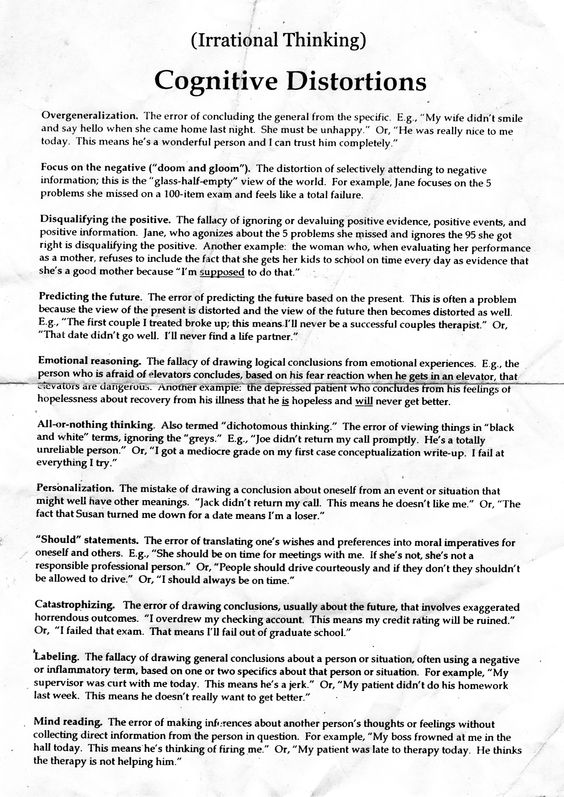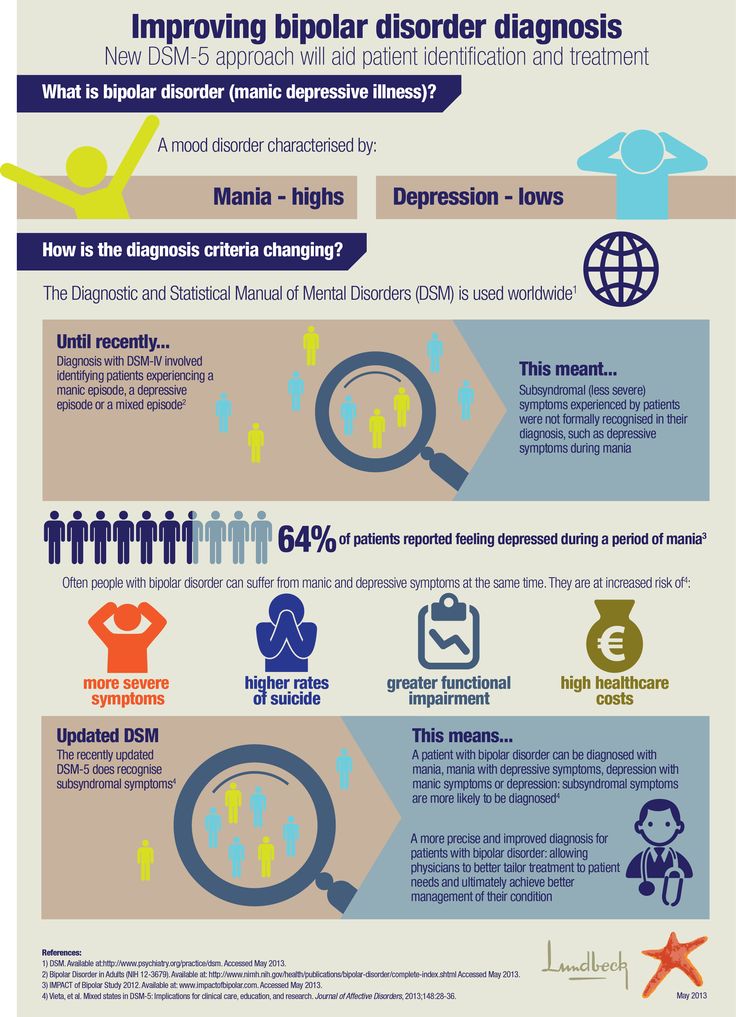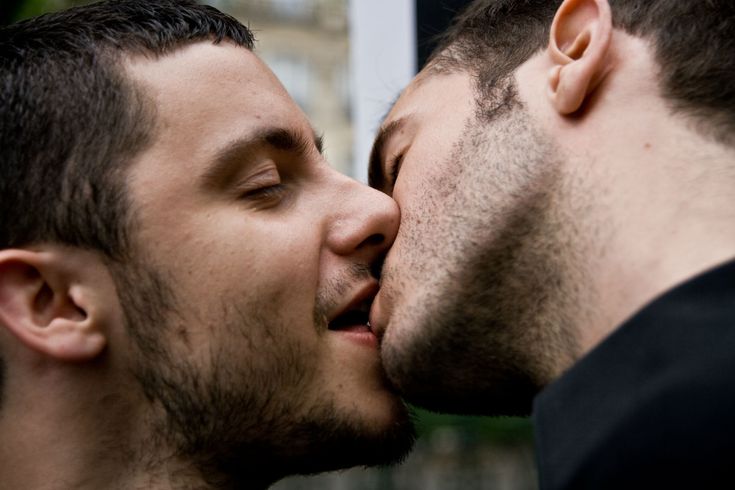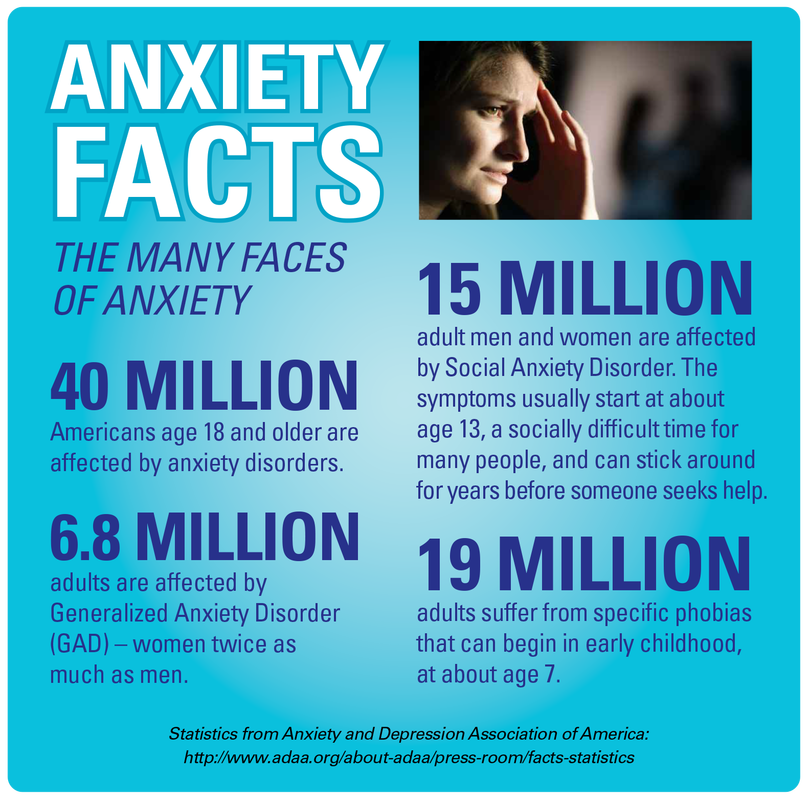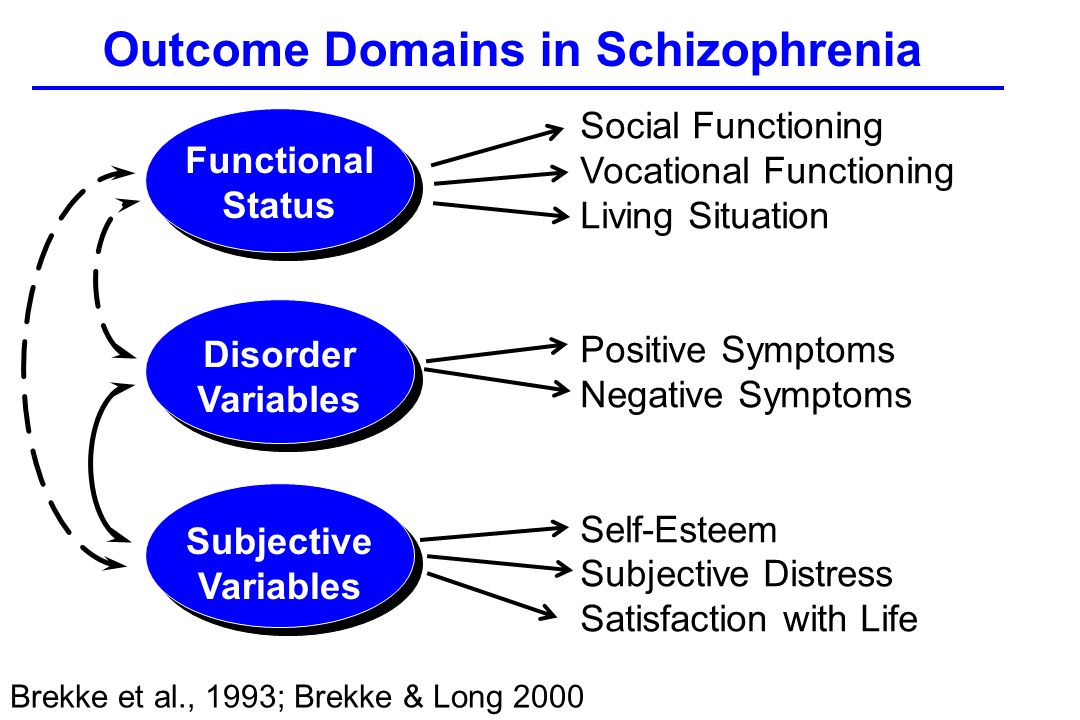Can you learn to love someone
Learning to Love and Be Loved
Source: Anemone_123/Pixabay
Loving and being loved are not “givens.” The world would be a far better place if each child who is brought into it was wanted and beloved—if not before birth then shortly after, once its presence resounds. That, unfortunately, is not the case. Horror stories, such as those described in the Adverse Childhood Experiences studies, abound, detailing challenges faced by unloved children. One inevitable outcome is that they then need to learn to give and receive love. Because love was not something they always knew, they do not automatically know how to do it well, especially when it comes to loving themselves and feeling worthy of being loved by another.
Happily, a capacity to feel love seems to be as hard-wired as our abilities to walk, speak, read, or play. Some internal conditions such as a sound sensorimotor system, absence from pain, access to relative comfort, and basic safety from harm allow a baby to enjoy the pleasures of touch, of reciprocity in gazes and laughter, of being able to depend on someone to care for needs that cannot yet be met independently.
A “secure attachment,” the cornerstone of a loving relationship, develops out of trust that someone will provide what is needed. When neglect, abuse, or squalor replace basic comfort, the baby develops a different understanding of and set of expectations for relationships.
Human impulses to help and provide care cannot be assumed. The simple kindness of someone who offers comfort or attention can be (mis)understood as love; perhaps sheer consistency of availability provides a safe feeling that becomes labeled “love.” In these cases, love is defined by a relationship that offers care instead of cruelty, friendship instead of unpredictability, or affection instead of deprivation. Love becomes defined by experiences that release chemicals—oxytocin (the cuddle/caring hormone), dopamine (the pleasure chemical), vasopressin (for attraction) or, following puberty, the estrogen and testosterone of lust. The delight of feeling accepted and valued is yet to be experienced.
Source: StockSnap/Pixabay
Yet love can be learned, especially once we reach adolescence, gain capacities for forethought and conscious intention, and can learn to love ourselves.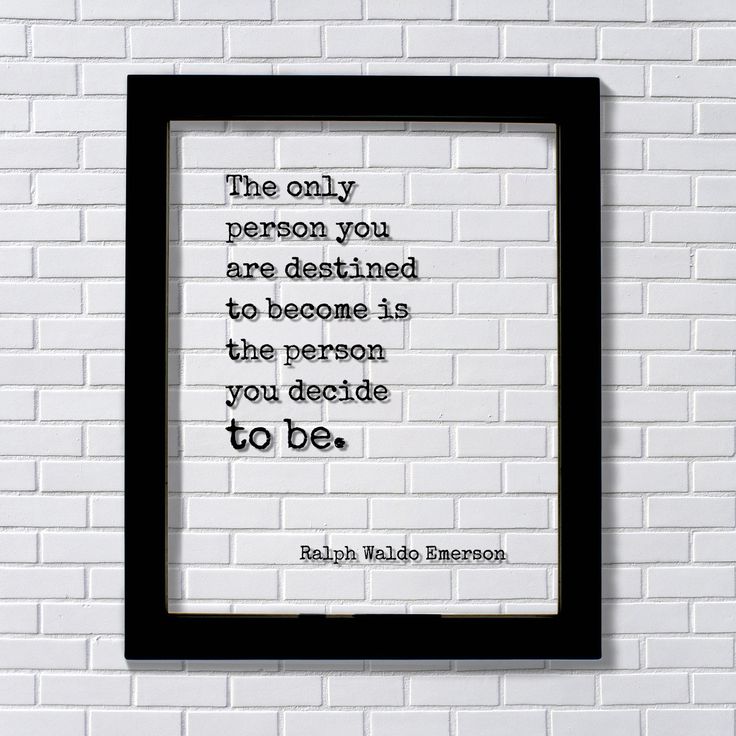 With a maturing brain that permits reflection and expanded life experiences that make room for a broader social circle, people are able to observe themselves with curiosity, attention, compassion, and kindness.
With a maturing brain that permits reflection and expanded life experiences that make room for a broader social circle, people are able to observe themselves with curiosity, attention, compassion, and kindness.
- Curiosity, a willingness to explore and accept the full range of reactions and feelings, brings the ability to be grateful for all that our emotions and bodily sensations can teach about the human experience. It can prod one to look beneath the surface of appearances, to discover substance beneath an introvert’s quiet or emptiness underneath glitter. Trying out a new role, developing a new skill, investigating a possible future self can bring honesty and inner direction and with them the self-respect that lies at the core of loving oneself.
- Attention is the second prong of self-love. Attention means examining what brings pleasure or alleviates pain and to invest in providing for both. It is a form of self-love easily amplified by mindfulness, reflection, stillness.
 In taking the time to listen to one’s body and honor a need for food, drink, movement, an increase or decrease in stimulation, we learn to identify our own needs, to discriminate between needs and wants, and to discover ways to care for ourselves. Yoga stretches can be metaphors for stretching oneself in other ways; balance postures can reflect internal equilibrium; the regular practice of the art can build self-discipline. Our subtler needs come into focus when we slow down and pay attention.
In taking the time to listen to one’s body and honor a need for food, drink, movement, an increase or decrease in stimulation, we learn to identify our own needs, to discriminate between needs and wants, and to discover ways to care for ourselves. Yoga stretches can be metaphors for stretching oneself in other ways; balance postures can reflect internal equilibrium; the regular practice of the art can build self-discipline. Our subtler needs come into focus when we slow down and pay attention. - Compassion may be the magic key to self-love. The empathy we feel when we look at ourselves with compassionate love allows us to recognize our imperfections and accept our human desires, impulses, and especially our limited reserves. We can stop making irrational demands on ourselves in order to believe we are lovable. Seeking to be “good enough” to be worthy of love only invites us to climb onto the treadmill of perfectionism. Countless innovative psychologists have shown us that “perfect” does not exist in our human experience.
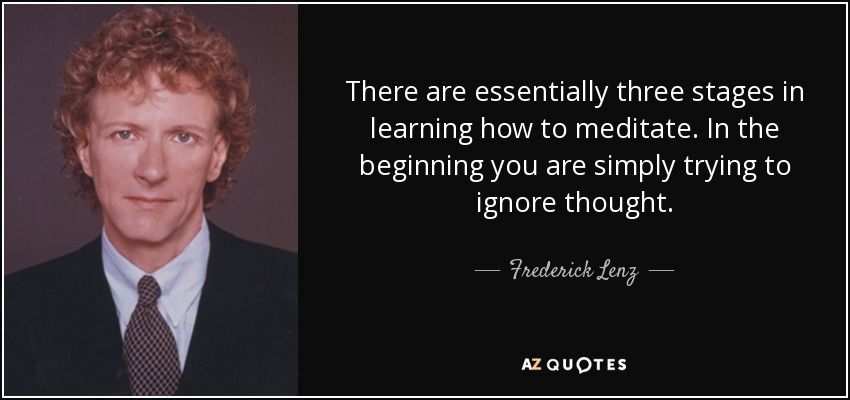 For example, Roy Baumeister, in conducting his famous chocolate chip cookie experiments, demonstrated that will-power uses our emotional energy. He showed that self-control is not infinite, and we become depleted after exhausting extended self-discipline. In another example, Sheldon Cohen, Bert Uchino, Janice Kiecolt-Glaser, and their various colleagues, in separate series of studies, examined the physical health costs of emotional pain and negative communication in close relationships. In doing so, these researchers and others have documented an immune system that has wisdom beyond the illusion of physical invulnerability. As the French say, “the perfect is the enemy of the good”—perfection just does not exist and the belief it can be obtained will result in failure.
For example, Roy Baumeister, in conducting his famous chocolate chip cookie experiments, demonstrated that will-power uses our emotional energy. He showed that self-control is not infinite, and we become depleted after exhausting extended self-discipline. In another example, Sheldon Cohen, Bert Uchino, Janice Kiecolt-Glaser, and their various colleagues, in separate series of studies, examined the physical health costs of emotional pain and negative communication in close relationships. In doing so, these researchers and others have documented an immune system that has wisdom beyond the illusion of physical invulnerability. As the French say, “the perfect is the enemy of the good”—perfection just does not exist and the belief it can be obtained will result in failure. - Acts of kindness are ways to demonstrate and build self-love. Through gentle thoughts, respectful habits, and nurturant behaviors, we both show love to ourselves and are forced to acknowledge its consequences.
 Dignity, delight and self-respect document that loving is a worthwhile activity.
Dignity, delight and self-respect document that loving is a worthwhile activity.
Curiosity, attention, compassion, and kindness, practiced as ways of honoring ourselves, allow us to develop a loving relationship with ourselves. And once we learn to love ourselves, to treat ourselves with care, consistency, and affection, we can direct our loving hearts outwards.
What other kinds of love await us?
- We can love babies. Their soft skin, sweet smell, oversized heads and responsiveness when their needs are met invite us to love them. The more two beings know each other, the greater the bonds of love can grow. As our capacity increases, we can reach out to love more broadly and deeply.
- We love family. Sometimes. Some family members more than others. And family of choice as well as family by blood or legal ties. We can learn to love those with whom we share our daily lives because of our sheer exposure to each other’s basic existence.
- We love those we care for.
 There is something about physically taking care of another human being who is dependent on us for that care that reaches deep into our capacity to give, to make a difference. It allows us to love them as well as to love how we feel being able to make the difference. Caregivers often report abiding joy from their connections.
There is something about physically taking care of another human being who is dependent on us for that care that reaches deep into our capacity to give, to make a difference. It allows us to love them as well as to love how we feel being able to make the difference. Caregivers often report abiding joy from their connections. -
Source: 3194556/Pixabay
We love companions. The bonds of friendship are a special form of love, one in which we grow and share as our lives evolve. In navigating our mutual stresses and triumphs, sharing activities and tribulations, we come to appreciate each other’s strengths and grow from them. The “expansion theory of love” developed by Arthur and Elaine Aron can apply to friendships as well as romantic love relationships.
- We love our pets. The relationship between a pet and its owner can also be symbiotic, especially when the pet shows the kind of attachment that comes so easily to some mammals. After I was widowed, my relationship with my bichon gave me something to replenish all the empty spaces that had been filled with love.
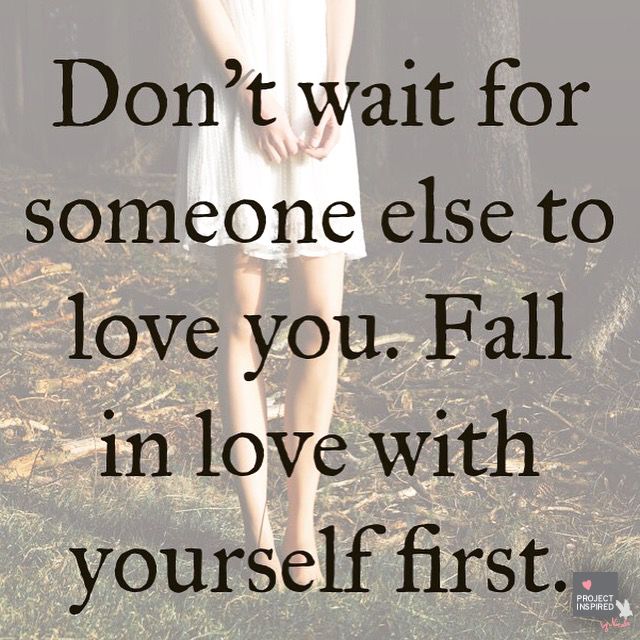 In her Canine Cognition Laboratory, Yale professor Laurie Santos has demonstrated the unique bonds that dogs can have with their masters and mistresses; the Canine Cognition Laboratory at Duke has traced the sources of these bonds down to their chemical roots.
In her Canine Cognition Laboratory, Yale professor Laurie Santos has demonstrated the unique bonds that dogs can have with their masters and mistresses; the Canine Cognition Laboratory at Duke has traced the sources of these bonds down to their chemical roots. - We love our passions. Mihalyi Csikszentmihaly published his first book about the state of “flow,” a full engagement in an activity in which passion becomes its own motivator, in 1975. A flood of validating research followed. Our dedication to an activity that we love brings countless benefits that align with those of other sorts of love.
- We love places. We can easily attach to a place with particular meaning to us. Whether because of our history in that location or our aesthetic response to it. The field of environmental psychology explores this love. Some scholars have even argued that we imprint onto the geography where we are born and are forever attracted to a similar landscape. In a more limited way, people can create a home that they love and ensure that it helps them access nourishment for body and soul.
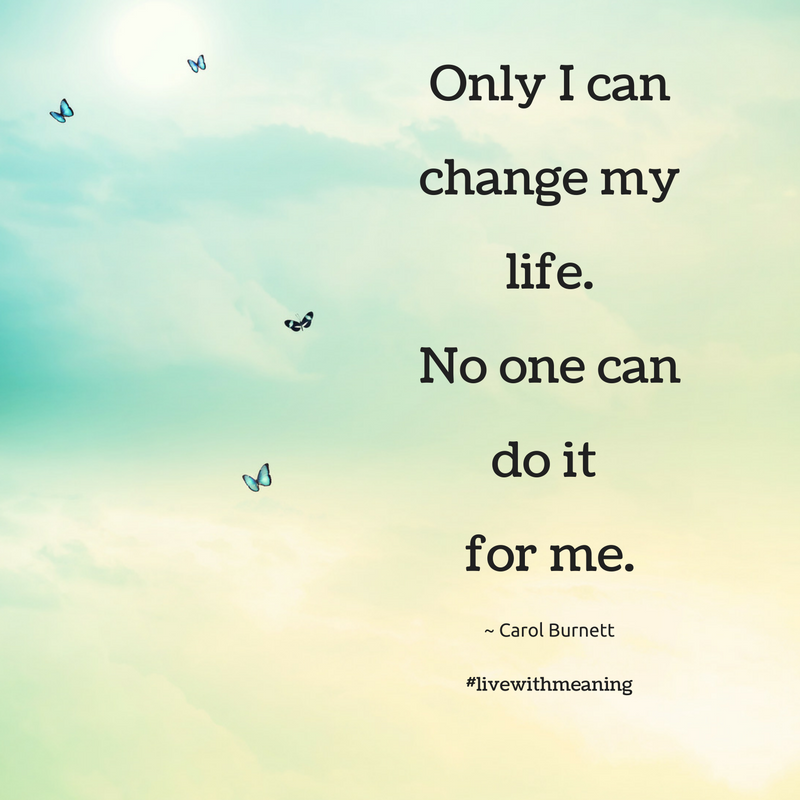
-
Source: janeb 13/Pixabay
We love altruistically. Religions have been structured around the concept of altruistic love. The Abrahamic religions all command us to “love thy neighbor as thyself." Through meditation and self-love, Buddhists are able to find their connection to and thus love for all living creatures.
- We love the world. The physical world that we live in can be a source of love for those who believe in transcendence or the universal beauty of nature and evolution.
- And yes, of course, we can love romantically. Ah, the bliss and agony of romantic love! The magic of a committed couple can indeed last a lifetime, as documented by Bianca Acevedo and Arthur Aron in their review of studies of long-term lovers.
Source: 3194556/Pixabay
Source: janeb 13/Pixabay
If your life did not begin on a note loaded with love and attention, do not despair. Love can be learned, and you can have the joy of not only feeling it, giving it, and sharing it, but also of teaching it. What greater blessing can there be?
What greater blessing can there be?
Copyright 2019: Roni Beth Tower.
Can You Learn To Love Someone Who's Good For You On Paper?
Life
by Carolyn Steber
Netflix
Sometimes the people who are good for you on paper just don't hit the same way in person. They could like the same niche Indie music as you, want to settle down in the same tiny town, and even take their pizza the same way (which is huge). Still, without that electric spark, the initial chemistry can be lacking. But can you learn to love someone who you aren't instantly attracted to? Or is it time to pack up your vision board and go home? Netflix's Love is Blind grapples with this very question. In the show's first season, Jessica Batten and Mark Cuevas fell hard for each other on their first few blind dates. The two technically had all the right things in common: a love of family, the desire to have three kids, a full-stop stan attitude toward the Chicago Bears. But when they met face-to-face, they struggled to move past their lapse in physical chemistry.
But when they met face-to-face, they struggled to move past their lapse in physical chemistry.
In true Love is Blind fashion, the newly engaged couple saw each other for the first time in the big reveal, and had to adjust their expectations to fit within the boundaries of their new reality as a couple. For example, Batten felt hesitant about their ten-year age difference and worried it might become a problem down the line.
According to experts, listening to your gut attraction isn't as superficial a practice as it may sound. "When looking at romantic relationships, if we solely use a business model of matching up on paper, we sometimes miss the very important pieces of gut instinct, emotional bonds, and energetic connection," Dr. Carla Marie Manly, a clinical psychologist, tells Bustle. "A person’s qualifications, goals, and values may fit all the right boxes in a relationship checklist, but be lacking in the energy and subtle nuances that makes the connection feel very real and right. "
"
Netflix
Batten and Cuevas see the consequences of ignoring their gut play out in real-time on the show. In episode 3, the two are sent on a romantic getaway to Mexico, and despite being in paradise with her supposed "perfect match," Batten still wasn't feeling any sexual desire toward her new fiancé. According to Manly, mismatched sexual compatibility can certainly be a red flag. However, intimacy can be built on the basis of intention, practice, and communication. But in order for the relationship to survive, a couple must be fully invested in putting in time and effort into building that foundation. "A relationship that is built on shared values and goals can be a very strong relationship in the long run," she says.
Ebru Halper, LPC, NCC, a licensed psychotherapist, agrees that it's possible to learn to love someone, despite a lack of initial chemistry. "I have worked with many couples where one partner was not initially physically attracted to their partner," she tells Bustle, "but something about their personality (funny, kind, smart, etc. ) made them attractive." Focusing on the qualities, you admire in your partner can lead to a deeper emotional bond and sexual attraction over time. Additionally, seeing them in their element at work or social engagements can be telling. "They might suddenly seem more charismatic, engaging, appealing in ways you don’t experience in the confines of the relationship," Halper says.
) made them attractive." Focusing on the qualities, you admire in your partner can lead to a deeper emotional bond and sexual attraction over time. Additionally, seeing them in their element at work or social engagements can be telling. "They might suddenly seem more charismatic, engaging, appealing in ways you don’t experience in the confines of the relationship," Halper says.
Netflix
While it might sound simple, experts say that the best way to push past an initial lack of chemistry is to keep an open mind. Avoid thinking of your perfect partner as a checklist of ideal qualities and traits. More often than not, the people in our lives are more complex than our five-year plans, and pro-con lists allow for.
However, if you decide you aren't willing to work on building your sexual compatibility, for whatever reason, it isn't necessary to force something that doesn't feel right. It's also OK to listen to your gut, rip up that metaphorical piece of paper, and walk away — which is ultimately what Batten chose to do.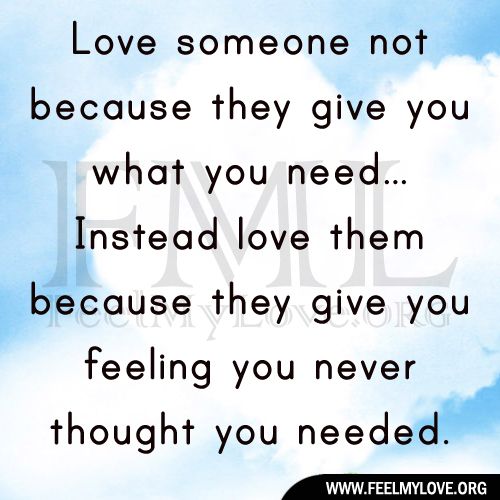 Whether you continue to feel turned off, or the odds of falling in love down the line feel increasingly unlikely, the choice remains up to you.
Whether you continue to feel turned off, or the odds of falling in love down the line feel increasingly unlikely, the choice remains up to you.
Experts:
Dr. Carla Marie Manly, clinical psychologist
Ebru Halper, LPC, NCC, licensed psychotherapist
Before you love, love yourself
34,339
Loneliness Man and woman
I will either have to ask for "more" or give up the other person's feelings, because I still don't have enough of them. In any case, it will be difficult for me to give something: without loving myself, I think that I cannot give anything worthwhile and interesting to another.
He who does not love himself first uses and then destroys the trust of his partner. The "provider of love" becomes embarrassed, he begins to doubt and eventually gets tired of proving his feelings. Mission impossible: you can't give another what he can only give himself - love for himself.
One who does not love himself often unconsciously questions the feelings of another: “Why does he need such a nonentity as me? So he's even worse than me!" Lack of self-love can also take the form of an almost manic devotion, an obsession with love. But such an obsession masks an insatiable need to be loved.
But such an obsession masks an insatiable need to be loved.
So, one woman told me how she suffered from... her husband's constant declarations of love! There was a hidden psychological abuse in them that nullified everything that could be good in their relationship. After parting with her husband, she lost 20 kilograms, which she had previously gained, unconsciously trying to protect herself from his terrorizing confessions.
I am worthy of respect, which means I am worthy of love
The love of another can never make up for our lack of love for ourselves. As if under the cover of someone's love you can hide your fear and anxiety! When a person does not love himself, he longs for absolute, unconditional love and requires his partner to present him with more and more evidence of his feelings.
One man told me about his girlfriend, who literally tortured him with feelings, testing the strength of the relationship. This woman seemed to be asking him all the time, "Will you still love me even if I treat you badly if you can't trust me?" Love that does not entail a dignified attitude does not form a person and does not satisfy his needs.
This woman seemed to be asking him all the time, "Will you still love me even if I treat you badly if you can't trust me?" Love that does not entail a dignified attitude does not form a person and does not satisfy his needs.
I myself was a favorite child, my mother's treasure. But she built a relationship with me through orders, blackmail and threats that did not allow me to learn trust, benevolence and self-love. Despite my mother's adoration, I did not love myself. At the age of nine I fell ill and had to be treated in a sanatorium. There I met a nurse who (for the first time in my life!) gave me an amazing feeling: I am valuable - just the way I am. I am worthy of respect, which means I am worthy of love.
During therapy, it is not the therapist's love that helps to change one's view of oneself, but the quality of the relationship that the therapist offers. It is a relationship based on goodwill and the ability to listen.
That is why I never tire of repeating: the best gift we can give a child is not so much to love him as to teach him to love himself.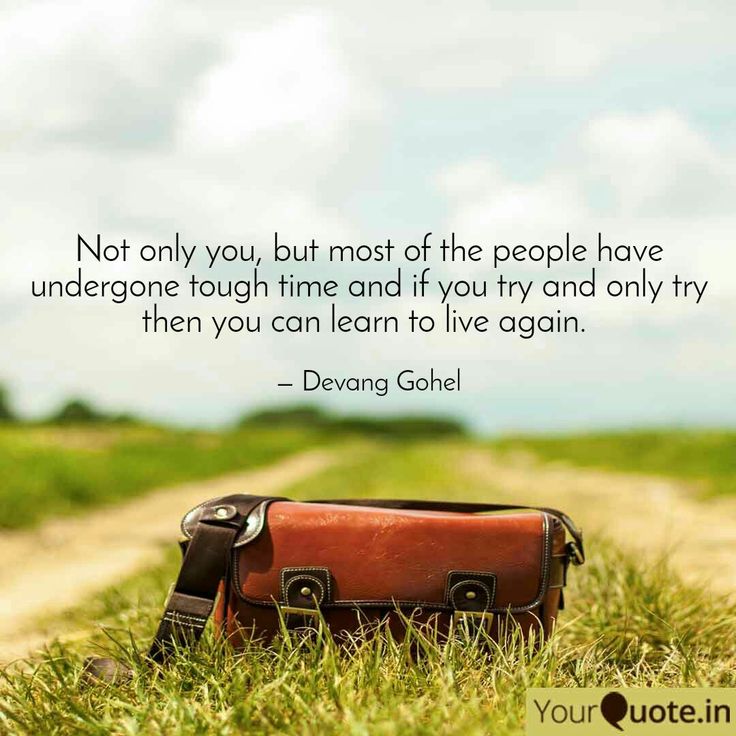
Photo source: Getty Images
New on the site
When it's so bad it's good: why do we stay in dependent relationships
How psychological abusers take away our energy and money
Constantly checking social networks and instant messengers? You probably have FOMO syndrome
How to stop lying about little things: 3 sure ways
“Is a full-fledged family possible with a man who cannot and does not want to have children?”
Not a psychologist or a coach: who is a mentor
Lagom: why the Swedes are so happy — 5 steps to a prosperous life
Everyone says that it is very important to love yourself as a whole - with all the shortcomings. But how exactly to do it? As soon as we hear the phrase "accept yourself and love", there is a fit of irritation. The advice seems empty and useless. Are we supposed to put up with thin hair and cravings for salty nuts behind the show? You will be surprised, but effective ways still exist.
Tags:
Psychologist's advice
Psychology of Personality
Self love
weight loss affirmations
Getty Images
Popular psychology says that all you need to be successful is to love yourself.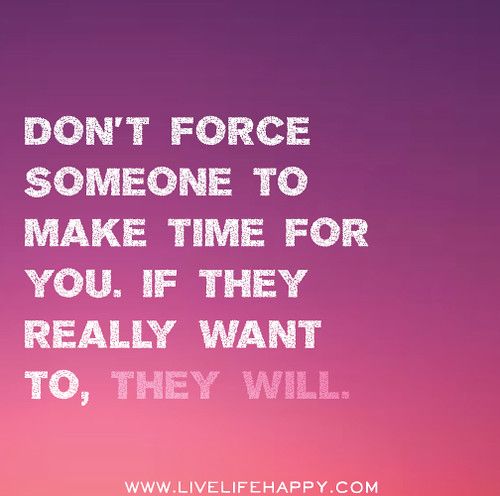 Like, do not expect sympathy from others if you yourself do not send joyful air kisses to the reflection in the morning. A stream of inspiring quotes from Miranda Kerr's Instagram (The social network is recognized as extremist and banned on the territory of the Russian Federation), of course, sounds convincing. We willingly believe that not only does she know how to love herself and increase her self-esteem, but she actually has no problems with it.
Like, do not expect sympathy from others if you yourself do not send joyful air kisses to the reflection in the morning. A stream of inspiring quotes from Miranda Kerr's Instagram (The social network is recognized as extremist and banned on the territory of the Russian Federation), of course, sounds convincing. We willingly believe that not only does she know how to love herself and increase her self-esteem, but she actually has no problems with it.
But what if the shape of your ears doesn't leave the slightest chance of having an ardent feeling for yourself? Even when I turn to the mirror with the winning side (three-quarters) and look bold and defiant, Miranda Kerr is not visible. But there are vague associations with my aunt on my father's side. She, by the way, is paralyzed on the left side of her face.
Narcissistic symbolism: how a woman can love herself
First advice: no criticism, only kind words addressed to you.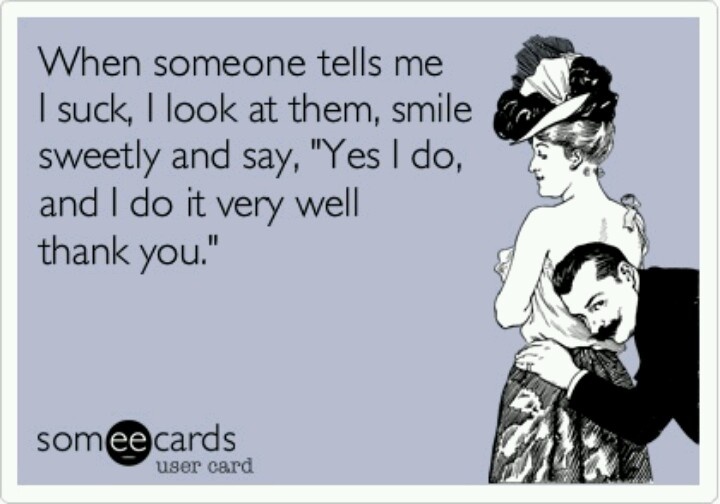 Even if you ate brisket after eight. But when I try to put the phrase “I am the most charming and attractive” on myself, instead of the desired happiness, I feel only annoyance. How can such a person love himself if skepticism and sheer irony rule the ball.
Even if you ate brisket after eight. But when I try to put the phrase “I am the most charming and attractive” on myself, instead of the desired happiness, I feel only annoyance. How can such a person love himself if skepticism and sheer irony rule the ball.
ADVERTISING - CONTINUED BELOW
“No wonder,” Oksana Timofeeva, psychotherapist and coach , encouraged , “affirmations bring you closer to a hypnotic state, but do not affect unconscious processes. In other words, positive phrases will help to strengthen self-confidence a little, but will not solve a deeper problem.
There is another, intricate way to be kind to yourself without these hypnosis tricks. “Be grateful for everything you have, and there will be more happiness in life,” advises Rhonda Byrne, author of Magic , in an article on the Flying Buddha website. I immediately realized that this is not the best method to increase breasts, but I must try! Thank you, world, for sending me such willpower! And for the cat, by the way, too.
The next day, something really arrived - cat hair on the carpet. Although after a couple of days I noticed that close attention to positive little things still cheers me up. So the advice on how to love yourself, not by washing, but by rolling, still works. Not so bad for a start.
To come to inner harmony, ask yourself: “What do I really want? What am I when I don't have to pretend? Does other people's opinion really matter?
You will be able to love yourself as soon as you internally agree with your imperfection and allow yourself to be imperfect. The kind of unconditional love that parents love their children. Not for something, but just like that. By the way, the following method is based on a childish question.
How to start loving yourself: a childish surprise
Another expert, psychologist and writer Ken Page , advises: identify the traits that you were ashamed of as a child and that you are embarrassed about now. Realize that they are the basis of your individuality, and develop them. "What? Start biting your nails again? I wonder. And how can a girl fall in love with herself with such bad manners? But Ken seems to hint at charisma. He believes that we impress other people not by our appearance or behavior, but by our attitude towards ourselves and the world.
Do you want to become a bunch of positive? Dig out from the depths of your soul the real you, not clogged with parents, men, boss. Over lunch in a cafe, it occurred to me that childish spontaneity is an important part of my personality. I made a catapult out of a spoon and sent the beans to visit at the next table. It’s a pity that the neighbor didn’t notice my acting charisma, and in general he didn’t approve of the psychological recipe.
But I didn't give up. Moreover, psychology often turns to the convenient topic of childhood in discussions about how to love yourself. 9 also resorts to it0075 Margaret Paul, psychologist and author of the book "Internal Communication ": "Imagine that you are a baby, and treat yourself like a child: listen carefully, immediately fulfill all his desires, remind him how important he is to you, do not skimp on caress.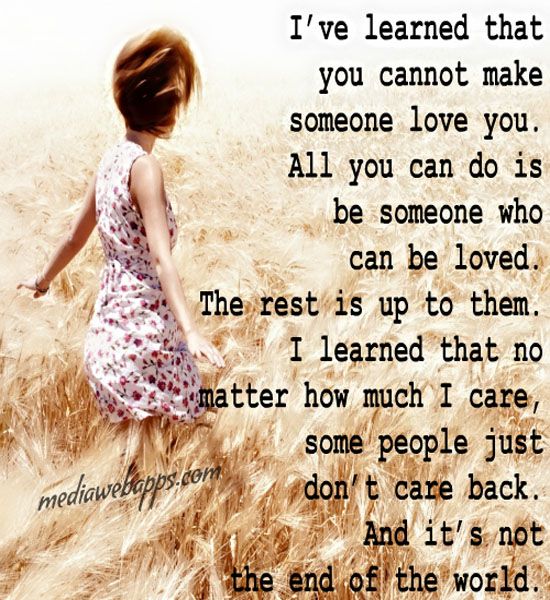 "
"
My first need was to lie on the couch with ice cream. “Then you won’t get sweets for dinner!” I sternly shook my finger at myself, but immediately corrected myself: “Ay-ay, who has such beautiful hands here?” The cat looked at me suspiciously. Henceforth, I decided to be more careful about manifesting my inner adult and child, and thanks to this, the following became clear. As soon as you pay attention to all your barely audible “I want” and “I won’t”, a desire arises to love yourself and you feel more harmonious.
How to love yourself for who you are: a charismatic feeling
After a couple of weeks, the reflection in the mirror began to wink at me in the morning. Probably, the habit of thanking the cat for the torn sofa and not scolding little Inna for wanting to sleep until eleven had an effect. Or is it that the connection between our self-confidence and external attractiveness does not exist at all?
Researchers Edward Diener and Brian Wolsey came to this conclusion about 20 years ago k. Their experiment showed that even beautiful people sometimes consider themselves ugly ducklings, and those whom nature has not endowed with cuteness can feel like sex bombs. So imagine how hard it can be sometimes to love yourself and become confident glamor models!
Their experiment showed that even beautiful people sometimes consider themselves ugly ducklings, and those whom nature has not endowed with cuteness can feel like sex bombs. So imagine how hard it can be sometimes to love yourself and become confident glamor models!
Read also: How to become happy: 5 most important tips
Why do we think of ourselves this way and not otherwise? Experts believe that it's all about our habit of looking at others. From childhood, we believe everything our parents say and no longer question judgments about our appearance or character. But cognitive psychologist Oksana Fadeeva disagrees: “An adult person differs from a child in that he can independently form ideas about himself. To do this, evaluate how useful each belief is for you, whether it helps you become better. If not, you don't have to accept it."
Psychologists probably don't eat their bread in vain. Psychology opens the way for a woman to love herself, starting small.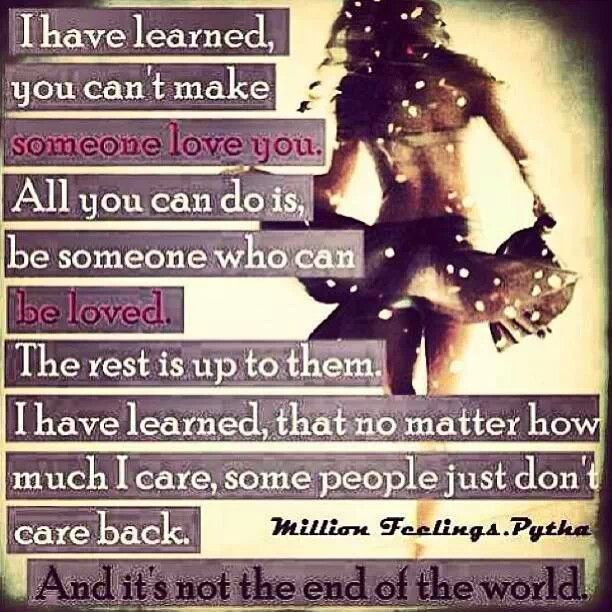 For example, getting rid of the manner of comparing yourself with others and asking others for an opinion on your account. And even though I still don’t dance with happiness in front of the mirror, I still learn to forgive myself for minor weaknesses, not the most successful replicas on a date and that dance at a corporate party. After all, there is no other such Inna in the Universe.
For example, getting rid of the manner of comparing yourself with others and asking others for an opinion on your account. And even though I still don’t dance with happiness in front of the mirror, I still learn to forgive myself for minor weaknesses, not the most successful replicas on a date and that dance at a corporate party. After all, there is no other such Inna in the Universe.
Psychologist Louise Hay talks about the same thing in her book 0076, which teaches how to love yourself with the help of daily exercises in front of the mirror. Her simple yet powerful affirmations help boost your confidence in 21 days.
Why can't you love yourself
Women often lock themselves into a vicious circle of sacrifice and in the depths of their souls hope that someone will appreciate it one day. They tolerate inattentive or rude husbands, go to hateful jobs, spare money for themselves...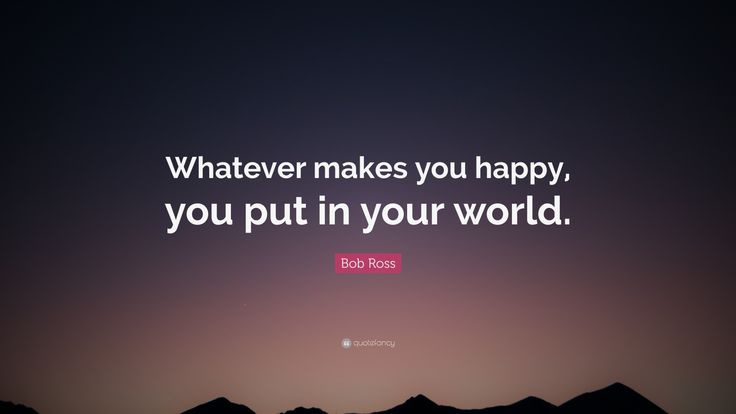 Psychologist Mikhail Labkovsky is sure that the point here is not kindness at all, but low self-esteem. First of all, here you need to understand how to find yourself, then how to love yourself. End a toxic relationship, change jobs, buy those incredibly expensive shoes.
Psychologist Mikhail Labkovsky is sure that the point here is not kindness at all, but low self-esteem. First of all, here you need to understand how to find yourself, then how to love yourself. End a toxic relationship, change jobs, buy those incredibly expensive shoes.
Read also: Mikhail Labkovsky's radical advice that will change your life for the better
There are reasons why you can't look at yourself with different eyes. You just put up with yourself day in and day out.
- You criticize your own appearance. You never get tired of scolding the reflection in the mirror even for minor flaws.
- You constantly compare yourself with others. This is normal, but personal success should not seem unimportant "in the background."
- You put others in the first place: “Yulya is more beautiful”, “Yura is smarter”.
- You find it difficult to express your opinion.
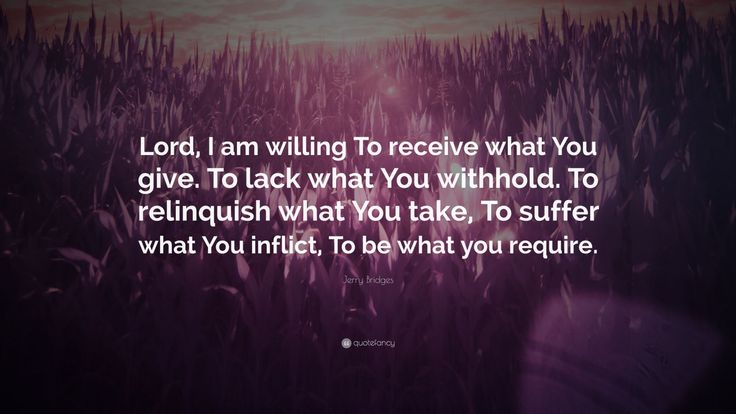 Do you suffer from the little man syndrome? Bad sign.
Do you suffer from the little man syndrome? Bad sign. - You make decisions based on the wishes of others. You ignore interests, thinking about the benefits not for yourself, but for your parents, man, children, girlfriends.
How to love yourself and gain confidence
Diagnosis is easier when the syndromes are obvious. And that means finding a way to love yourself and be confident.
- Embrace your negative traits. No one is perfect, but everyone has the right to be themselves. For this we are born into the world.
- Do not wind. Don't take sadness to heart. What matters is not what happens, but how you feel about it. Remember that if you free the problem from emotions, it remains just a situation.
- Develop patience. Healthy Zen won't hurt. Do not trade for irritation, save energy for joy.
- Love yourself now, not in the future. You can wait forever for the moment when you lose weight / become a star / boss.
